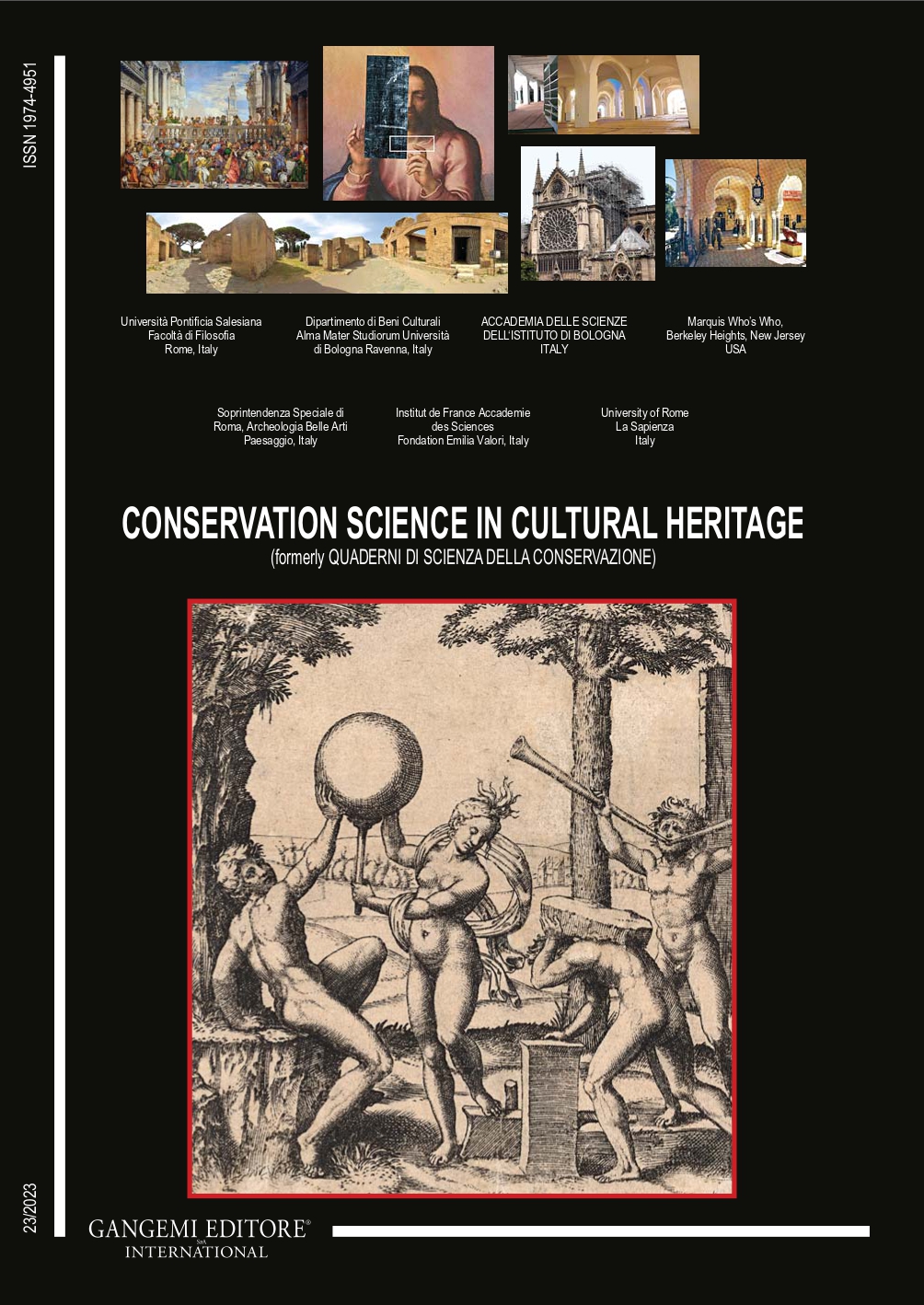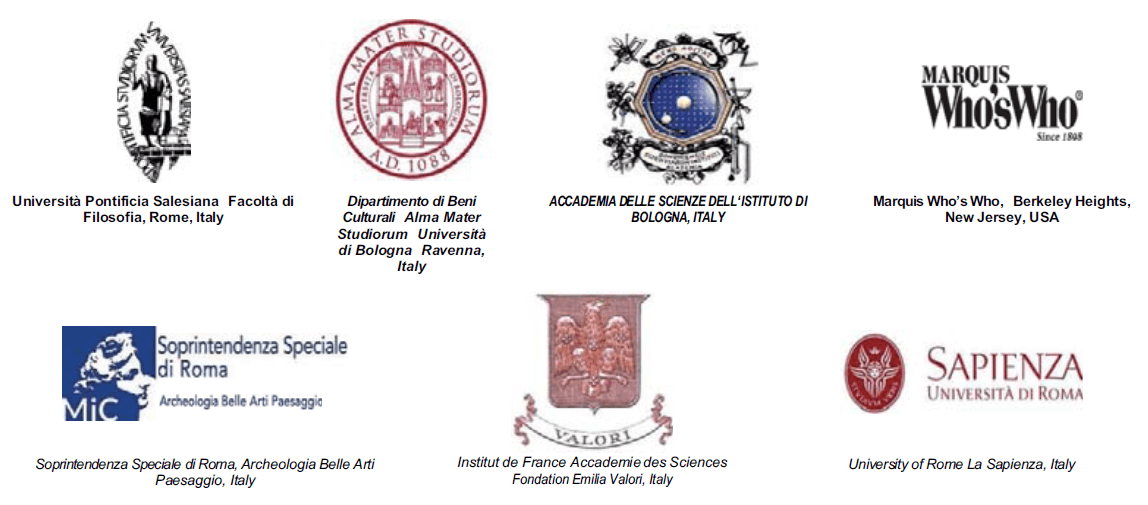Sustainable tourism and cultural heritage: a quantitative interdisciplinary approach based on visitor profiles
DOI:
https://doi.org/10.6092/issn.1973-9494/20045Keywords:
cultural memory heritage, Spanish Civil War Shelters, history pedagogy, urban sustainability, quantitative methodologyAbstract
This interdisciplinary quantitative study offers a comprehensive assessment of how visits to the Civil War shelters in Alicante, which have been rehabilitated and opened to the public, influence awareness of cultural memory heritage in an urban context. The framework of the FEDER Operational Program "Sustainable Growth 2014-2020", delves into how these spaces contribute both to sustainable urban de-velopment and to historical understanding in society. Through a retrospective longitudinal design, data from 407 visitors were collected and analyzed between August 2023 and January 2024, aiming to profile the visitors, their motivations, and their visitation patterns. Preliminary findings reveal a positive reception and an increase in awareness of the historical significance of the shelters, suggesting a substantial impact on the appreciation of memory heritage. The analysis provides key insights for managing cultural heritage by proposing enhanced strategies for the communication and promotion of historical legacy. This article is positioned at the intersection of tourism research and cultural heritage studies, exploring the links between culture, sustainable development and tourism through an inter- and transdisciplinary approach that encompasses both social sciences and administrative and business practices.
Downloads
Published
How to Cite
Issue
Section
License
Copyright (c) 2023 Pablo Rosser, Seila Soler

This work is licensed under a Creative Commons Attribution 3.0 Unported License.





